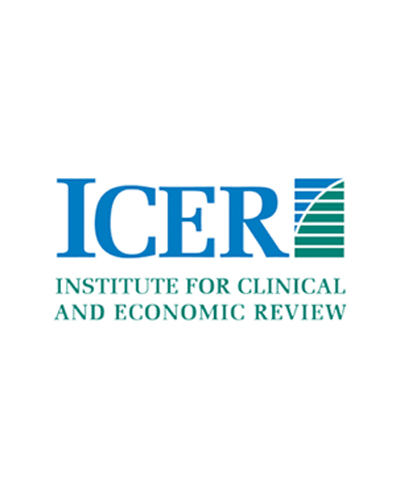
Piero Anversa, a former star researcher at Harvard Medical School who left the institution under a cloud, is up to 18 retractions. But that’s barely half of the 31 papers by Anversa’s group that Harvard has requested journals pull over concerns about the integrity of the findings.
The two articles, published in the Proceedings of the National Academy of Sciences, appeared in 2008 and 2009. Anversa and a frequent co-author, Annarosa Leri, are among the authors on each.
Anversa ran a richly-funded lab at Brigham and Women’s Hospital studying cardiac stem cells. But in 2014, critics began publicly questioning the output from the lab — questions that led to the departure of Anversa and Leri and a $10 million payout from the Brigham and Partners Healthcare to settle allegations of fraud involving the work. Anversa and Leri also sued Harvard — unsuccessfully — for alerting journals to the investigation and allegedly costing them job offers.
The retraction notice for the 2008 paper, “Notch1 regulates the fate of cardiac progenitor cells,” reads:
Continue reading Drip, drip: Former Harvard stem cell researcher up to 18 retractions






